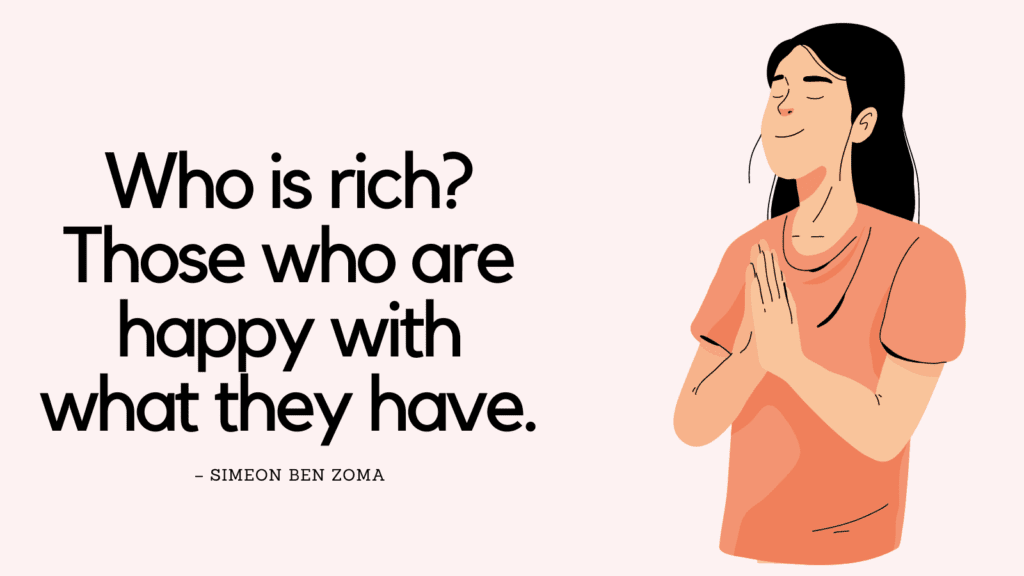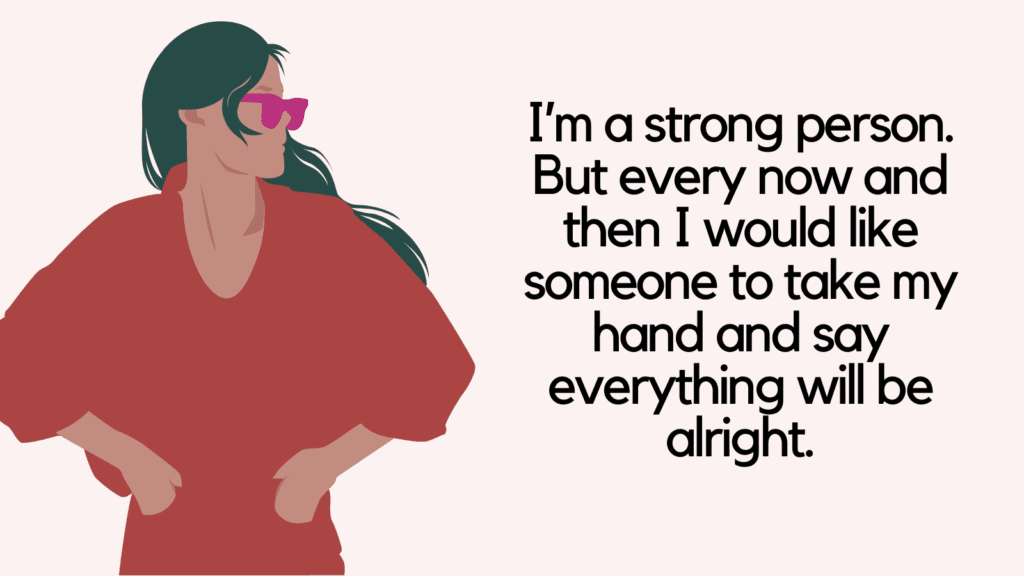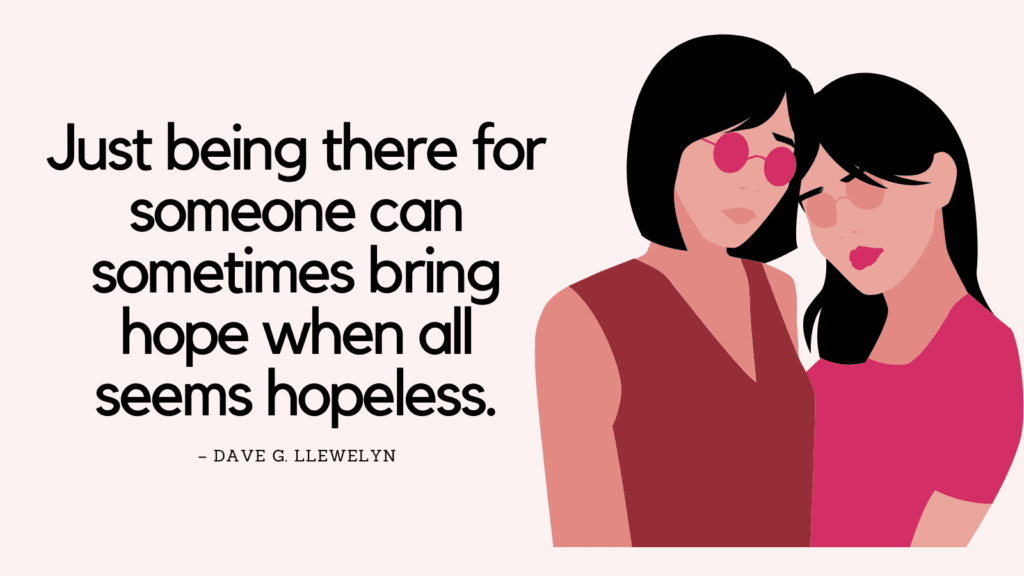This post contains some of the best don’t forget what you have quotes.
Don’t Forget What You Have Quotes
1. “Gratitude has its basis in our awareness of all the things that have come our way from the people and world around us.”— Galen Guengerich
2. “If I were able to create feelings of gratefulness by learning to see differently, then gratitude no longer required a brief positive transaction or getting something external that I wanted.”— Brooke Rothshank
3. “We need to be aware of what’s in front of us. We need to stop and smell the roses, along with the graham crackers and soil and leather.”—A. J. Jacobs
4. “It’s not happiness that makes us grateful. It’s gratefulness that makes us happy.”— David Steindl-Rast
5. “According to the research, gratitude’s psychological benefits are legion: It can lift depression, help you sleep, improve your diet, and make you more likely to exercise. Heart patients recover more quickly when they keep a gratitude journal. A recent study showed gratitude causes people to be more generous and kinder to strangers.”— A. J. Jacobs
6. “Gratitude seems like the only possible response to the gift of another day.”— Galen Guengerich
7. “Grateful living is possible only when we realize that other people and agents do things for us that we cannot do for ourselves. Gratitude emerges from two stages of information processing—affirmation and recognition. We arm the good and credit others with bringing it about. In gratitude, we recognize that the source of goodness is outside of ourselves.”— Robert Emmons
8. “I embrace gratitude as the fundamental way of relating to everyone and everything else not only because it’s useful, but because it correctly describes the nature of those relationships.”— Galen Guengerich
Related: Best 18 Self Compassion Journal Prompts (+FREE Worksheets)
9. “Happiness does not lead to gratitude. Gratitude leads to happiness.”— David Steindl-Rast
10. “This distinction between feeling grateful and being grateful is important to keep in mind. If we only express gratitude when we happen to be feeling grateful, we will lose the benefit. The purpose of making gratitude a practice is not only to create spaces in our lives for experiences we value, but also to maintain places in our lives for those experiences when they’re missing.”—Galen Guengerich
11. “Gratitude is a way of life that, when consistently practiced, leads to an abiding sense of joy—joy at being alive, joy at being part of this amazing ecosystem we call planet Earth, joy at being able to begin each morning with the gift of a new day, joy at being able to love and work, and sometimes struggle and occasionally fail, and then begin again.”— Galen Guengerich
12. “Some people respond with gratitude for what they have been given even when death is close at hand.”—Galen Guengerich
13. “Extensive research has shown that people who cultivate gratitude are physically healthier and emotionally happier than people who don’t. Grateful people have fewer aches and pains, sleep better, and find it easier to develop relationships with other people. They are happier, more sensitive and empathetic, and more resilient. They have a better sense of self-esteem.”—Galen Guengerich
Related: How To Be Gentle With Yourself? Top 5 Ways To Practice Self-Compassion
14. “Gratitude is the practice of radical openness to whatever comes our way, whether for good or for ill. It’s a way of living that understands the meaning of our lives in terms of our relationships to the people and world around us.”—Galen Guengerich
15. “This sense of gratitude for what we have emerges most forcefully when we face the prospect of losing it. But the key to living with a deep and abiding sense of joy is to develop the practice of gratitude before experiences of loss come our way.”—Galen Guengerich
16. “The practice of gratitude enables us not only to embrace the good experiences in our lives, but also to endure the difficult experiences and seek to transform them. It points the way from what is present to what is possible.”—Galen Guengerich
17. “Practicing gratitude means recognizing what’s good in your life, even if there are bad things you could name as well. If you’ve been laid off from your job, but you’re healthy and able to work, you can be grateful for that. If the power goes out in a storm, but your home keeps out the wind and the rain, you can be grateful for that. If your physical vitality has been declining, but your mind remains keen, you can be grateful for that.”—Galen Guengerich
Related: Top 10 Ways To Stop Wallowing In Self Pity
18. “Whenever our vast array of relationships includes experiences of pain or even perversity, life invites us to be grateful for what we have been given and to be agents of healing and hope.”—Galen Guengerich
19. “The point is, it’s hard to be grateful if we’re speeding through life, focusing on what’s next.”— Galen Guengerich
20. “Or as I prefer to say, it’s all gratitude. The good stuff, the bad stuff, the easy stuff, the hard stuff: all gratitude. It’s a gift worth discovering.”—Galen Guengerich
21. “Those who are grateful do so to the profit of their own souls.”— The Quran
Related: Best 35 Journal Prompts To Get To Know Yourself
22. “At the physical level, I am connected to everyone and everything else through the vast universe of relationships that constitute existence as we know it. At the spiritual level, I am connected to everyone and everything else through gratitude—gratitude for the experiences these connections make possible.”—Galen Guengerich
23. “If anything deserves our deepest gratitude, it is this unbelievably vast cosmos—intricate, well ordered, and complete—that we call our home.”—Galen Guengerich
24. “In order to maximize the value of human experience, both for ourselves and for those around us, our gratitude goal should be to increase the quality of our relationships.”—Galen Guengerich
25. “Who is rich? Those who are happy with what they have.” – Simeon ben Zoma
Related: Top 10 Gratitude Exercises To Practice Even When Depressed

How to Practice Gratitude?
Practicing gratitude can have significant positive effects on your well-being and overall psychological health.
Here are some scientifically supported suggestions on how to cultivate gratitude in your daily life:
1. Keep a gratitude journal
Set aside a few minutes each day to write down three things you are grateful for.
These can be simple things like a beautiful sunrise, a supportive friend, or a delicious meal.
Reflecting on the positive aspects of your day can help shift your focus towards gratitude.
2. Express gratitude to others
Take the time to express your appreciation to those around you.
It could be a heartfelt thank-you note, a verbal expression of gratitude, or a small act of kindness to show your gratitude.
This not only benefits others but also enhances your own sense of well-being.
3. Practice mindfulness
Engage in mindfulness exercises that specifically focus on gratitude.
For example, during meditation, direct your attention to the things you are grateful for, savoring them fully in the present moment.
Mindfulness can help you appreciate and fully experience the positive aspects of your life.
4. Shift perspective
When faced with challenging situations, try to find something positive or a lesson learned from the experience.
This shift in perspective can help you cultivate gratitude even in difficult times.
5. Practice gratitude in relationships
Make it a habit to express gratitude towards your loved ones.
Regularly acknowledge their contributions, support, and love.
Sharing gratitude within relationships can strengthen bonds and increase overall satisfaction.
6. Engage in acts of kindness
Engaging in acts of kindness or volunteering can generate feelings of gratitude.
When you help others or make a positive impact in someone’s life, it can foster a sense of appreciation and gratitude in yourself.
Conclusion
Cultivating gratitude is an ongoing practice.
It may take time and effort to shift your mindset, but consistent practice can lead to long-term benefits for your well-being.



